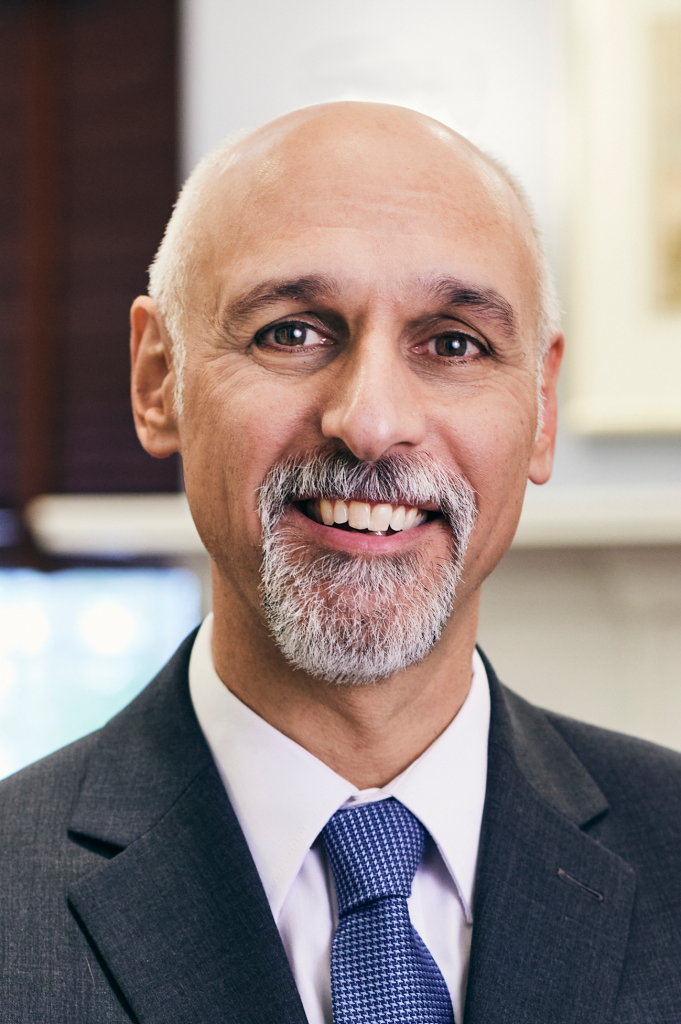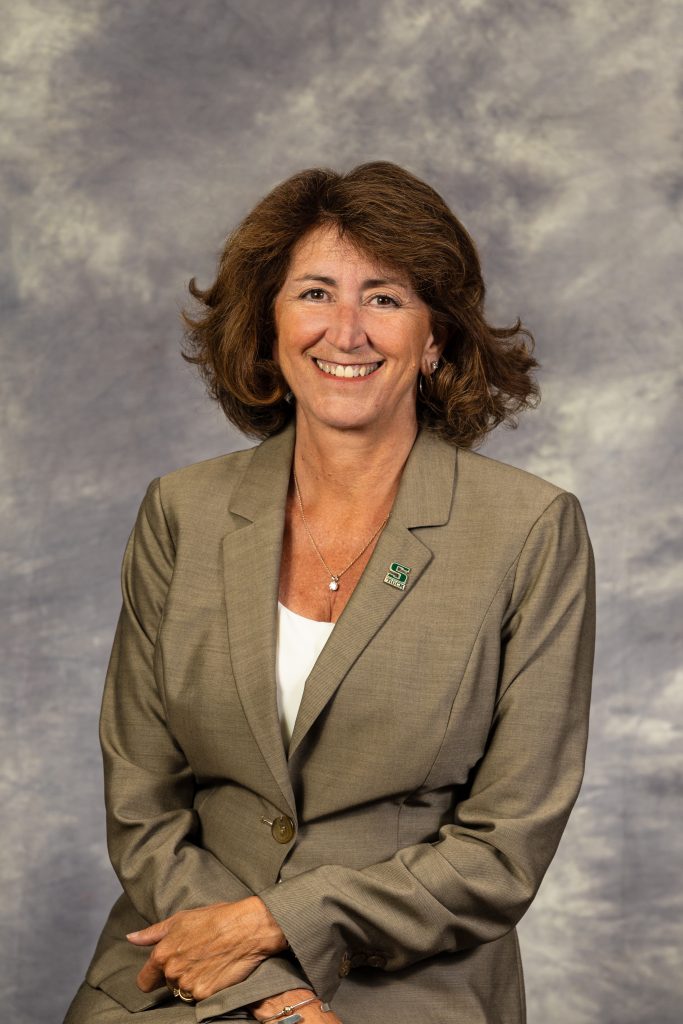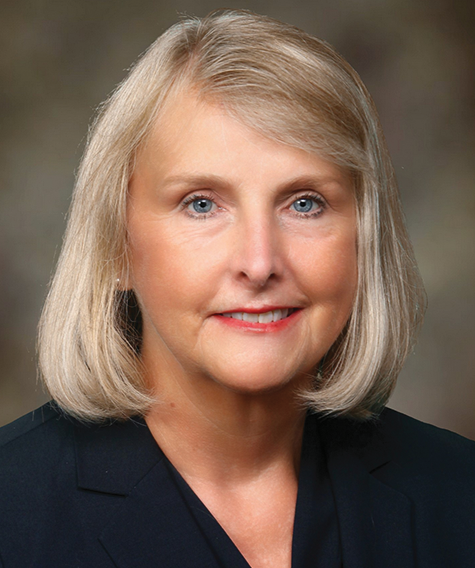College Town Pittsburgh Part 3

Editor’s note: We thank the top leaders of this region’s universities for penning a response to the following question: Given continuing enrollment declines and our civic need to attract and keep young people, is it desirable to significantly build on fledgling programs to get students off campus and engage them in this region’s amenities, thus building our College Town dynamic as well as a stronger long-term connection with our area? If so, in what ways could you envision contributing to such a project?
Previously in this series: College Town Pittsburgh

Ron Cole, Allegheny College
Both communities and colleges benefit when they collaborate on providing outreach and pathways that encourage students to engage in their region. Activities and experiences may include community service, job shadowing, mentorship programs, internships, cultural events and other entertainment.
By strengthening a student’s sense of belonging, it is more likely the student will persist and graduate, as well as make connections for future employment opportunities. For example, at Allegheny College, we have launched the Allegheny Lab for Innovation and Creativity (ALIC) in downtown Meadville, where regional companies, alumni-owned businesses, students and professors will work together to generate solutions to industry problems.
Through Allegheny’s Health Coach Program, the college partners with the Meadville Medical Center, which provides a rigorous training program for our students to work closely with medical professionals and their patients who need companionship and encouragement in developing healthier lifestyles.
Both initiatives are great examples of how colleges and communities support workforce needs in our region and contribute to student success and development. Because Allegheny boasts more than half of students with close ties to southwestern Pennsylvania, we are mindful to forge partnerships with alumni who thrive in the area.
Karen Riley, Slippery Rock University
Young people develop more lasting connections to our region when they contribute to it. College students contribute to our region by completing internships with local companies, enhancing culture through the arts and athletics, and by offering their time and expertise through volunteerism and community service. Rather than emphasizing all the amenities that college students can consume in the area, a better approach is to give them a sense of ownership to grow our communities. They will be likely to live and work in a place that they helped build through relationships. The social infrastructures might seem less “place-based” compared to physical infrastructures, like walking trails, coffee shops, microbreweries, and other things that come to mind when we say amenities, but it is the people who are the drivers of civic engagement. Public universities like Slippery Rock University are closely tied to our region by enabling social mobility of our residents and by supplying talent to local companies. Nearly 90% of SRU students are from Pennsylvania and most of them stay in the area to live, work, and support their communities. A healthy college-town relationship is one that is symbiotic, where people look out for the needs of others, rather than simply their own. At SRU, we’ve done that — and we will continue to do so — through our community and industry partnerships, whether through the creation of industry-responsive engineering programs, placement of student-teachers in local schools, or a place for the community to enjoy a theater production.


Kathy Brittain Richardson, Westminster College
Strategic efforts to deepen the connections college students have in this region would be a powerful investment in the long-term prosperity here. Westminster College is embracing the opportunity to better connect our students with opportunities and amenities in this region. The college has been actively involved in the renewal of the downtown area of New Wilmington, helping to foster more shopping, dining and recreation options for residents, tourists and students. Also, we have expanded our career services office into the Office of Professional Development and Community Engagement. A faculty fellow is providing valuable leadership in community engagement, including such efforts as teaching a course in the spring semester that enrolled both students and community leaders to foster collaboration and connections; helping students to host a town/gown street fair in March; and sponsoring a series of “Beyond the Quad” art performances and exhibits throughout the academic year and summer that involved local K-12 students as well as college students and residents.
Westminster is also working with area organizations to build stronger connections between students and the region. In January, we collaborated with the Forward Lawrence Chamber & Economic Alliance to host an Internship Fair where businesses in our three-county region could inform and recruit students from the local colleges and universities. The Westminster Center for Entrepreneurship offers 70-plus students a professional mentor from the region who provides advice and networking options; assists those who may want to start a business; and creates student teams that provide strategic consulting, which builds a powerful academic story. In addition, the Center offers extensive internships and post-graduation career opportunities.





